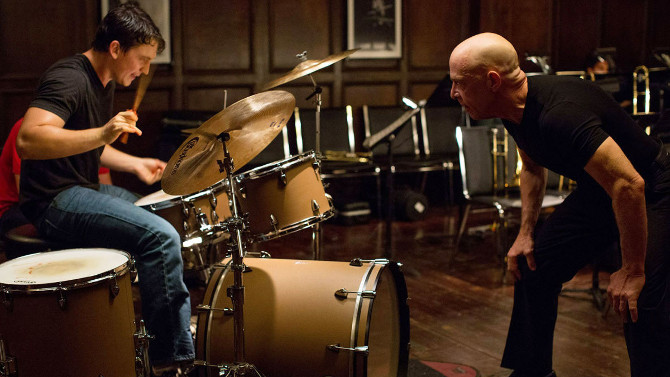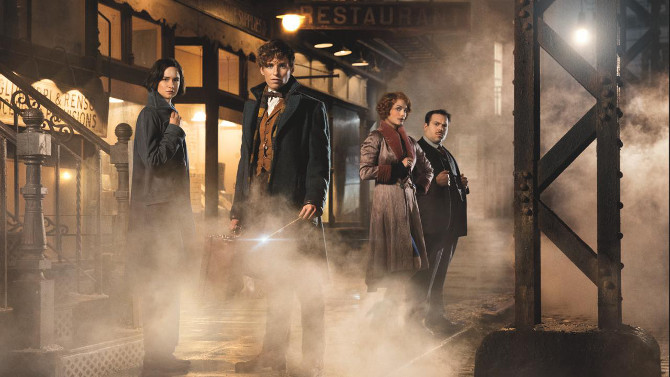
Fantastic Beasts – Connecting the Dots to the Potter Universe
As a change of pace, I thought that it would be fun to take a look at Fantastic Beasts and Where to Find Them, not from a review perspective, but rather, to connect some of the dots to the Harry Potter franchise (be it novels or movies). Right off the bat, we hear John Williams’ iconic score from the first Potter feature (when the Warner Bros. logo appears), which then transitions into an original composition from James Newton Howard. Written for the screen by J.K. Rowling (her first time writing a script, there is no one better to build upon the imaginative world she created more than 20 years ago) and set in the Roaring 20s, specifically 1926, the story follows Newt Scamander (Eddie Redmayne) on his many adventures – the name may mean something to true Potter afficionados, as he is the author of one of the Hogwarts required textbooks, which just happens to have the same title as the film. The tale takes place just prior to said book’s publication, with the Brit taking a trip to New York City. As he explores the metropolis, many of you may chuckle when an anti-witch group leader asks, "are you a seeker?", to which he slyly replies, "I’m more of a chaser, really" – a quidditch joke for those in the know.
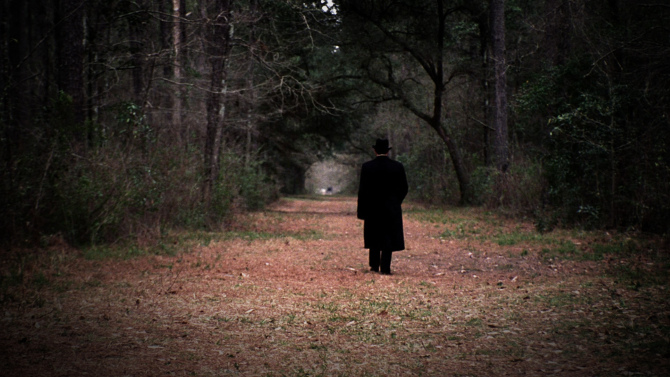
In the Cross Hairs
The Coen brothers’ third feature film, 1990's Miller’s Crossing, once again pays tribute to the hard boiled noirs of old, much like their first motion picture, Blood Simple.. Set during the Prohibition Era, the story draws us into the beginnings of an all out gang war. The unofficial king of the city is aging Irishman Leo (Albert Finney), a well connected guy who often leans on his right hand man, Tom Reagan (Gabriel Byrne), for advice and leadership amongst his pack of goons. Tom is a degenerate gambler going through a rough patch.
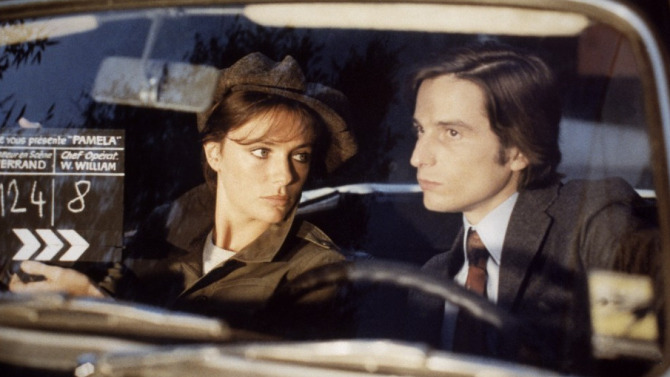
An Affair to Remember
A very meta film about film making itself, François Truffaut’s 1973 romantic dramedy Day for Night transports us behind the scenes of a movie being made at the famed Victorine Studios in Nice, France (think classics like To Catch a Thief and Children of Paradise). The title itself is a reference to movie making, highlighting the term used when scenes are filmed during the day, only to make it look like they were done at night (by way of using filters). The Academy Award winner for Best Foreign Language Film in 1974, Truffaut casts himself as the movie’s director, Ferrand, who is currently filming the tragic, if clichéd, melodrama "Meet Pamela" – not likely to be the next classic.
Star Pick with Yanic Truesdale
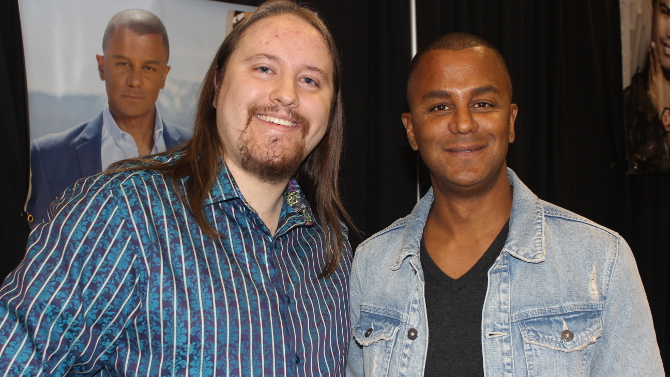
Whiplash, the story of a talented drummer who is pushed to the edge by a more than intense, militarist-style instructor, took the world by storm in 2014-2015 and has continuously gained steam ever since. The simple yet effective tale that consists of a battle of the wills helped the film earn three Academy Awards: including Best Supporting Actor for J.K. Simmons as well as Best Achievement in Film Editing and Sound Mixing. Whiplash has also landed at number 45 on IMDb’s top 250 films list.
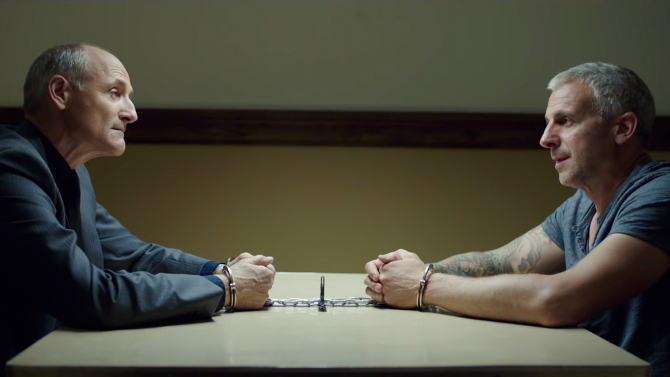
Bon Cop, Bad Cop 2 Good to be a Sequel
Fans of one of the most popular Canadian films of all-time, 2006's Bon Cop, Bad Cop often wondered why a sequel was never made. . . well, out of the blue, eleven years later, everyone was just as surprised when Bon Cop, Bad Cop 2 arrived in theatres, catching many off-guard – very much like the original unexpected hit. Reuniting Colm Feore and Patrick Huard once again, the former, Martin Ward, is now a senior federal officer with the Royal Canadian Mounted Police, while the latter, David Bouchard, is a provincial officer with the Sûreté du Québec. Unbeknownst to either, the former quasi-friends, who have grown apart over the years, are working the same case, though Bouchard is undercover.
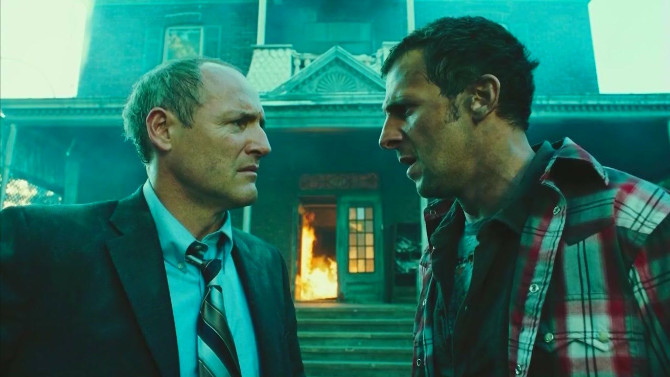
J’aime Bon Cop, Bad Cop. . . a Lot
Arguably the highest grossing Canadian domestic film of all-time (not including inflation), 2006's Bon Cop, Bad Cop skewers both official languages, pairing a stuffy English-speaking Provincial Police detective with a foul mouthed, bon vivant French detective for the Sûreté du Québec. Directed by Erik Canuel, the unusual pair are brought together when a body is found straddling the Ontario/Québec border sign (it is literally impaled on the metal welcome guidepost). Arguing over whose jurisdiction it falls under, Torontonian Martin Ward (Colm Feore) suggests that it is their case, as "his heart is in Québec", to which Montrealer David Bouchard (Patrick Huard – who also came up with the scenario for the film) wryly replies, "but his ass belongs to you".

